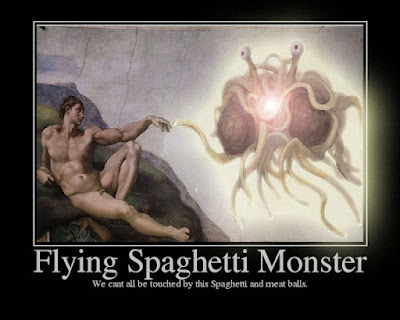Actually, if we really study the Catholic abuse cases, we do find some nasty data. In her foreword, the lawyer, Sylvia Demerest cites a 1995 survey of 19,000 treating professionals, funded by the National Centre on Child Abuse and Neglect. The study found that in the US, 94% of abuses by religious authorities were sexual in nature. Over half of these cases (54%) involved perpetrators and victims who were Catholic, even though Roman Catholics comprise only 25% of the United States population.
"The problem is not just with the fraction of priests who molests youngsters, but in an ecclesiastical power structure which harbours pedophiles, conceals other sexual behaviour patterns among its clerics and uses the strategies of duplicity and counterattack against the victims."
Joughin, M. 'Church response to the sex abuse priest', In Fidelity, No.8. September 1995, p. 1.
The problem is, the 2% figure is just a guess, nobody really knows how many priests molest and most of the data comes straight from the RCC, which has every reason to lie about it. The fact is, it's been official church doctrine to hide pedophile priests and deflect police investigations. It's only been in the last couple of years that they've been forced to change, due to legal and public pressure, and start cooperating with the police. They've lost millions upon millions of dollars and I don't remotely think they're through hemorrhaging cash yet. They've had diocese go bankrupt with all the money paid out on these sex abuse cases. It depends on who you ask as to how many abuse:
Philip Jenkins, is a professor of history and religious studies at Penn State University, and has written a book on the topic. He estimates that 2% of priests sexually abuse youths and children.
Richard Sipe is a psychotherapist and former priest, who has studied celibacy and sexuality in the priesthood for four decades. He has authored three books on the topic. By extrapolating from his 25 years of interviews of 1,500 priests and others, he estimates that 6% of priests abuse. 4% of priests abuse teens, aged 13 to 17; 2% abuse pre-pubescent children.
A
survey of child and youth sexual abuse within the church issued in 2004-FEB estimates that 4% of the 110,000 priests who served between 1950 and 2002 were abusive.
We'll likely never know how many pedophile priests there are and we do know that this problem is not limited to the Catholic religion, members of all ministries have just as many problems keeping their hands out of the cookie jar. The problem is, these people are authority figures, routinely given unsupervised access to children and their parents are taught that they are direct conduits and authorities on God and his desires. That makes them all the more dangerous when they do go bad, especially given the unnatural restrictions on sexual activities that they're supposed to sign on to.
Yet we don't see that. In case after case of Catholic sex abuse, we see parishioners coming to the defense of the priest. It very well may be that they are defending their church and religion because they do not want to be tainted by the social stigma and therefore they refuse to believe that the person they've trusted could possibly have done anything wrong. That's very, very common across the board in abuse cases. Look at spousal abuse, where the abused woman is convinced that she deserves what happens and her husband cannot possibly do any wrong. It's dangerous thinking.
Why couldn't it be? There are examples all over the place of just that happening. The problem is, far too many people treat weakness as an excuse. These poor people, they're too weak to stand on their own feet and be responsible for themselves! They need a crutch! No, they don't need one, they want one. They're being given carte blanche permission by society to be weak, ignorant and helpless. They can get up and do it themselves, they can accept reality as it actually is, it's just too emotionally difficult so they don't bother trying. When you lower the standards, you harm everyone.
It's the government of Egypt. These are the same kinds of rules that exist in many Muslim countries. Do you want to think all of these governments are extremist, or are they representative of Sharia law?
Just as many religious people are taught that God will take care of things, so don't bother trying. Some of the most damaging advice in the New Testament comes in the Sermon on the Mount, where Jesus supposedly said not to worry about tomorrow, God will provide. Most of the lessons that people get taught aren't religious, they're social. There's no reason to think that two people taught the same lesson, one from a secular standpoint and one from a religious standpoint, won't turn out exactly the same way. In fact, I'd argue that the secular standpoint is much stronger because it doesn't teach reliance on fantasy. It's not based on fear and punishment. If you're only being a decent person because you're afraid you're going to roast in a lake of fire after you die, you're not really a decent person, are you?

